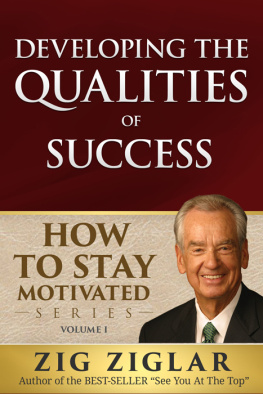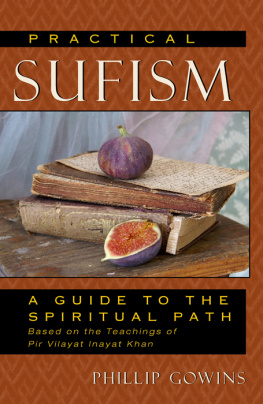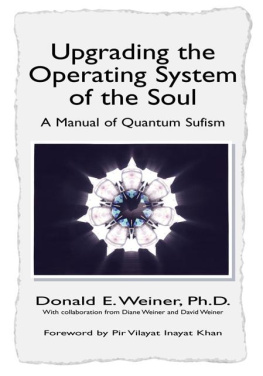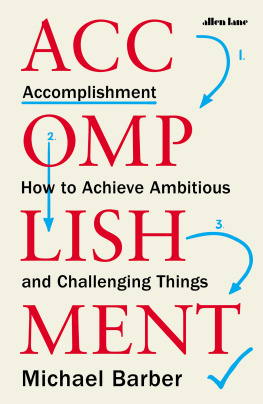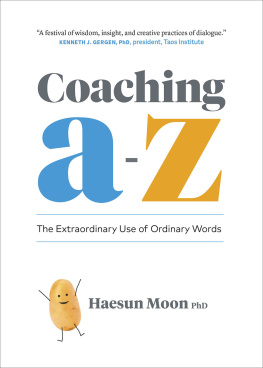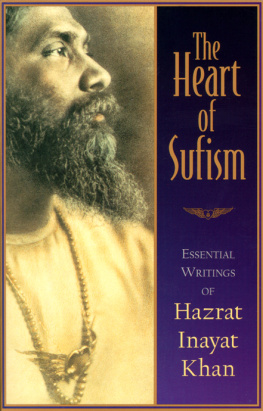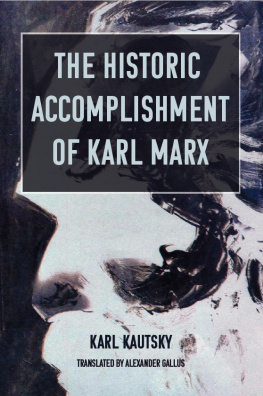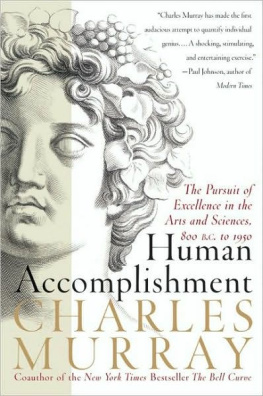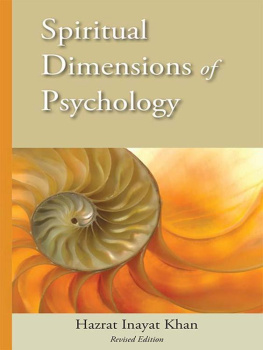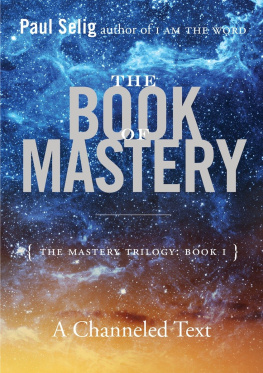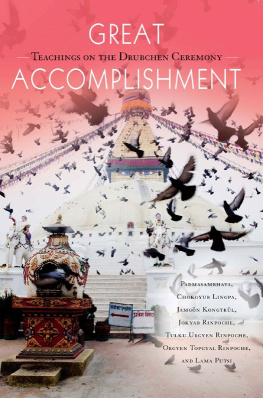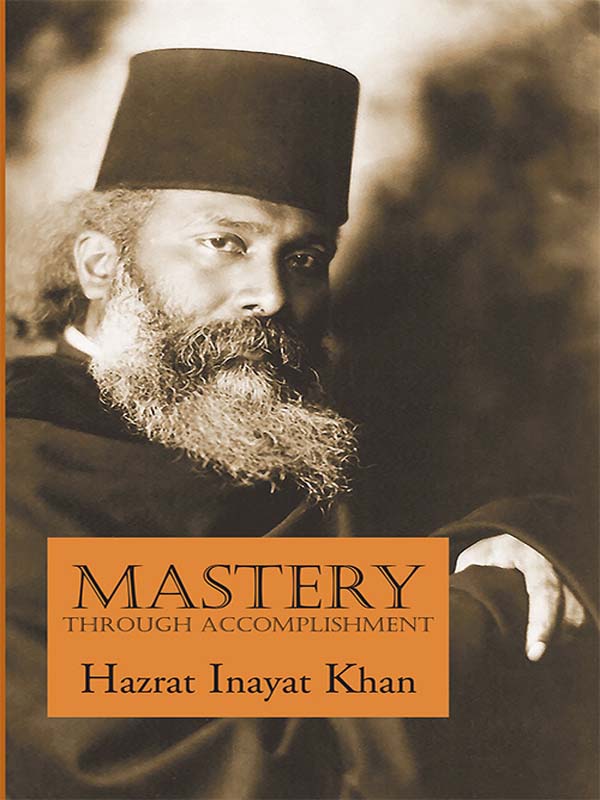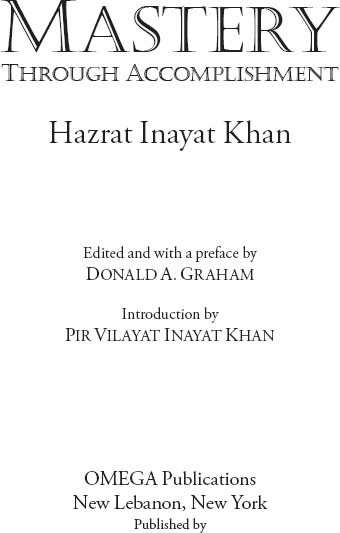OMEGA PUBLICATIONS INC.
New Lebanon NY
www.omegapub.com
1978, 1985, 2000, 2011 Omega Publications
All rights reserved. No part of this publication may be reproduced, stored in a retrieval system, or transmitted by any means, electronic, mechnical, photocopying, recording, or otherwise, without prior written permission of the publisher.
Cover photo of Hazrat Inayat Khan
Cover design by Yasodhara Sandra Lillydahl
Prepared for printing by dix! Digital Prepress, Inc.
Inayat Khan (1882-1927)
Mastery Through Accomplishment
Includes introduction, index, biographical notes
1.Sufism
I. Inayat Khan II.Title
BP189.6.I52 1978
297/.4
Printed and bound in the United States of America
13 ISBN 978-0-9308-7294-6
C ONTENTS
Also by Hazrat Inayat Khan
The Art of Being and Becoming
Awakening of the Human Spirit
The Complete Sayings of Hazrat Inayat Khan
Creating the Person; A Practical Guide to the Development of Self
Gayan: Notes from the Unstruck Music
The Hand of Poetry; Five Mystic Poets of Persia
with Coleman Barks
Music of Life; The Inner Nature and Effects of Sound
Nature Meditations
Song of the Prophets; The Unity of Religious Ideals
The Souls Journey
Spiritual Dimensions of Psychology
The Complete Works of Hazrat Inayat Khan series
Available from Omega Publications
www.omegapub.com
Editors Note
T HE MATERIAL in this book was gathered from transcripts of talks given on the subject of attainment by Hazrat Inayat Khan. The lectures in this book cover the whole period of Hazrat Inayat Khans teaching, from 1917 to 1926. Because attainment was a central theme of his teaching, he returned to the subject again and again. Thus, inevitably, there was a repetition of certain material, which the reader will notice in this volume. Rather than edit out the repetitions, we have left the lectures essentially as Hazrat Inayat Khan spoke them in order to retain as far as possible the flavor of the original teaching. These teachings include previously unpublished material, such as The Githas on Sadhana, as well as material culled from various volumes of the Sufi Message series: The Purpose of Life from Volume I, and chapters from other volumes, particularly Volumes VI, VII and VIII. The original selection of material was done by Taj Inayat.
Professor Donald A. Graham
M ASTERY is not only a means of accomplishing the things of the world, but it is that by which a person fulfills the purpose of his life. It is not necessary for man to leave all the things of the world and go into retreat. He can attend to his business, to his profession, to his duties in life and yet at the same time develop this spirit in himself which is the spirit of mastery.
Hazrat Inayat Khan
Introduction
by Pir Vilayat Inayat Khan
The Sufi chooses a life in the world with renunciation.
I N ORDER to become what you are, it is helpful to see yourself in another yourself who is better able to manifest potentialities dormant within yourself than you have managed.
We are used to thinking of meditation as an exercise conducted in seclusion. But is there such a thing as meditation in action? In most spiritually oriented people one may uncover both the ascetic and the knight. If life in the world is to be renounced, what was the purpose of creation?
In Hazrat Inayat Khans teachings to his pupils on this subject, part of which is herewith released to the public, the master shows how stimulating it would be to introduce the kind of mastery mustered by the recluse into the hustle-bustle of active life. The result: crystal-clear insight, better programming and motivation, and ultimately freedom.
The master stresses achievement as being essential to the growth of individual potential, since situations and problems challenge one into consolidating latent attributes into tangible qualities in our personalities, for the human personality is the end-product of the life process.
Hazrat Inayat Khan does not teach desirelessness, since he sees in every human striving a divine impulse that may have become deviated: It is the interest of the Creator that has made this creation; every achievement increases ones power to attain a still greater achievement.
Yet, curiously enough, renunciation which seems diametrically opposite to interest may at times prove beneficial to achievement. Giving up the fruits of action opens the door to a still greater achievement. When a person has in view an object he wants to attain, he is smaller than the object; but when the person has attained the object, he is greater than the object; and as he holds the object which he has attained, so he diminishes his strength; but when he renounces the object he has attained, he rises above the object. Every gain that a person has in view limits him to a certain extent to that gain, directs his activities in a certain channel, and forms the line of his fate. At the same time it deprives him of a still better gain and of the freedom of activity which might perhaps accomplish something still better. All the world that man has made has come from the power of interest, but at the same time the power of indifference is greater still, because, although motive has power, yet at the same time motive limits power. Yet it is mastery that gives man the power to accomplish things. Without a motive the power of the soul is like an ocean, but at the same time that ocean-like power cannot be used without a motive.
The art of the Yogis and dervishes consists in harnessing all nascent impulses, even as the yachts master turns the power of the wind to his purpose, instead of drifting where it lists. For the master, the purpose of life is mastery. Here lies the secret of the foreboding power of the ascetic and his uncanny intuition. In him is awakened that spirit by which the whole universe was created. Every impulse is a power in itself, and every time when the will withdraws an impulse, the will is charged with a new strength of life.
This seems particularly pertinent at a time when uninhibiting techniques in popular psychology are letting the Jack out of the box of the psyche, with little hope of ever recovering the upper hand. Master is he who controls things, and he becomes a slave who is controlled by circumstances. If your horse does not obey you, it is because your fingers do not obey you. Once you have mastery over yourself, everything will go right.
Pir Vilayat Inayat Khan
The Path of Attainment
Attainment
T HE SECRET of life is the desire to attain something; the absence of this makes life useless. Hope is the sustenance of life; hope comes from the desire of attaining something. Therefore this desire is in itself a very great power. The object which a person wishes to attain may be small compared with the power he develops in the process of attainment. The Hindus call attainment Sadhana; the power gained through attainment is called in Sanskrit Siddhi, and it is this which is the sign of spiritual mastership.
By learning the mystery of attainment one learns the divine mastery which is suggested in that phrase of the Bible, Thy will be done on earth as it is in heaven. This phrase is a veil which covers the mystery of attainment. On coming to earth, man, who is the instrument of God, loses connection with that divine power whose instrument he is, thus keeping not only himself but even God from helping His will to be done. When man, who is born to be the instrument of God, does not perform his mission properly, he naturally feels dissatisfied. It does not mean that he does not accomplish what he desires, but it is the reason he is unhappy. This condition is like a hand out of joint: it is not only the hand that suffers, but the person whose hand it is, not being able to use it, suffers also. Therefore in accomplishing the work he undertakes, in attaining to the aim he has in life, man not only helps himself but he also serves God.


